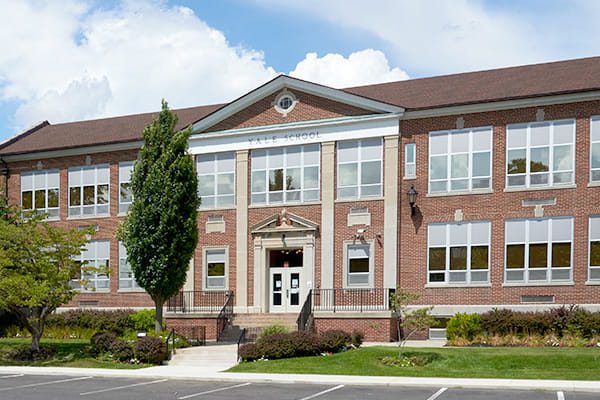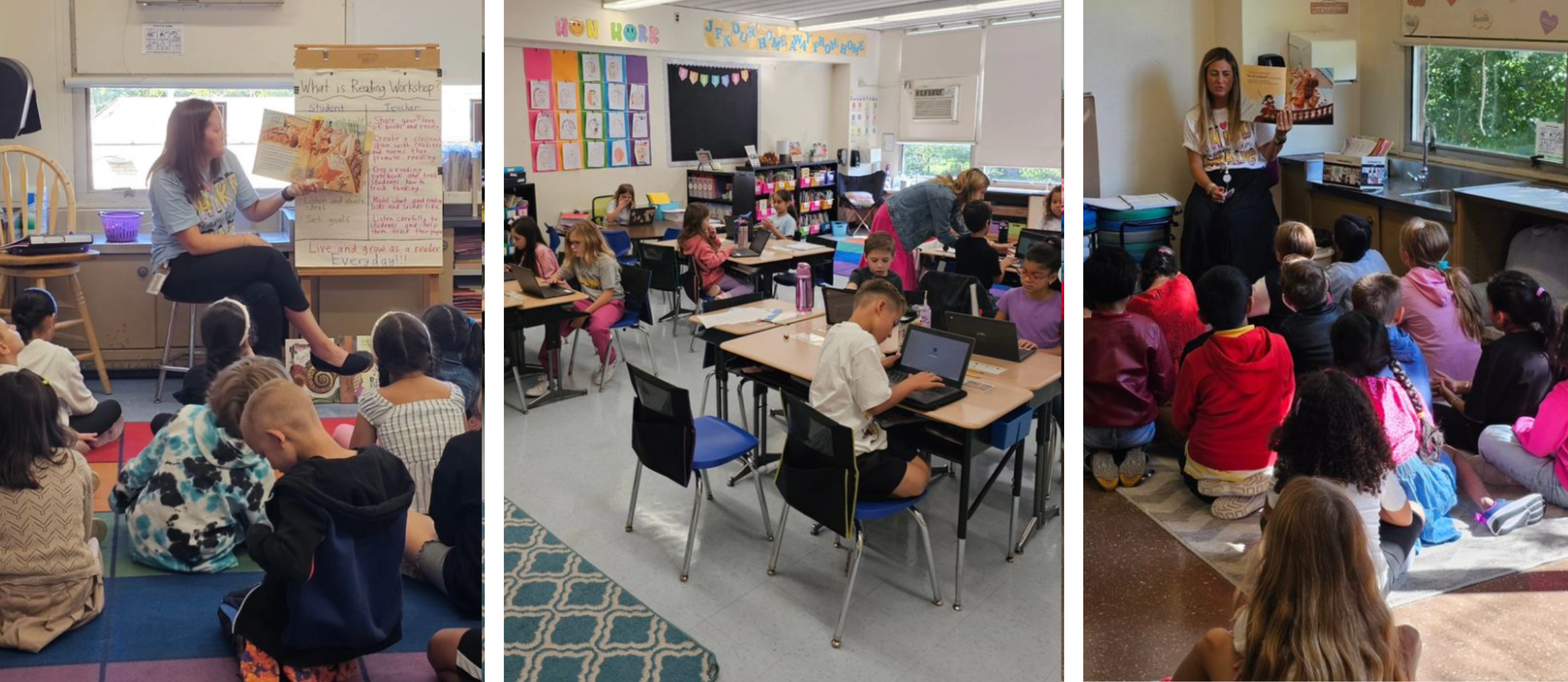Recognizing the Relevance of Institutions in Kid Growth and Area Development
Institutions' engagement with neighborhood neighborhoods through service-learning campaigns reinforces the bond between households and academic organizations. This cooperative partnership highlights the importance of colleges in supporting active citizenship and lifelong knowing behaviors.
Academic Achievement
Academic success serves as a keystone of child growth, giving the foundation upon which future discovering and success are developed. Colleges play an essential function in promoting this academic development, providing structured atmospheres where kids can acquire necessary understanding and cognitive abilities. Standard curricula make certain that students gain effectiveness in core subjects such as mathematics, science, and language arts, which are important for both college and specialist possibilities.
In addition to passing on essential scholastic abilities, colleges additionally grow crucial reasoning, analytic capabilities, and intellectual inquisitiveness. These cognitive proficiencies are essential for browsing complex real-world circumstances and adjusting to the ever-evolving demands of the modern workplace. Educators, as facilitators of learning, use diverse pedagogical techniques to cater to diverse knowing designs, thereby maximizing specific student possibility.
Moreover, scholastic success is carefully linked to self-esteem and inspiration. Kids that experience scholastic accomplishments are much more likely to create a favorable self-concept and a long-lasting interest for knowing. Colleges additionally provide numerous sources, such as libraries and technology, which even more enhance the instructional experience and prepare trainees for a technically innovative society.
Social Ability Development
Beyond scholastic achievement, the function of institutions in social skill development is essential. Schools act as a key location for children to learn and practice important social abilities such as collaboration, communication, and problem resolution. In the organized atmosphere of a classroom, students connect with peers, instructors, and other institution team, offering countless chances to develop these crucial abilities.
Efficient social ability advancement in schools is promoted through team tasks, collaborative projects, and extracurricular programs. These interactions help pupils recognize social norms, build compassion, and foster a sense of neighborhood. For instance, team projects educate students just how to collaborate in the direction of a common objective, listen to various viewpoints, and browse disputes constructively.

The growing of social abilities during institution years lays a structure for future personal and professional relationships. Save Temecula Schools. As trainees grow, the capacity to efficiently work together and connect becomes significantly crucial, emphasizing the college's important function in all natural youngster growth
Exposure to Variety
Direct exposure to variety in colleges is essential to fostering an inclusive attitude and widening pupils' viewpoints. Schools serve as a microcosm of the wider society, and coming across diverse societies, languages, and socioeconomic histories within this setting furnishes trainees with crucial skills for navigating an increasingly globalized world. This exposure motivates empathy, decreases prejudices, and promotes mutual regard among peers.
Diverse classrooms also enhance cognitive and social development. Research indicates that pupils that connect with peers from diverse backgrounds exhibit much better analytic skills and creativity. They learn to value different point i loved this of views, which improves class discussions and cultivates an extra dynamic learning experience. In addition, this understanding of diversity prepares pupils for future work environments that value modern capability.

Neighborhood Interaction
The advantages of varied classrooms expand past the school walls, promoting a solid feeling of area involvement amongst students. By connecting with peers from numerous social, socioeconomic, and ethnic histories, students acquire a broader point of view and an appreciation for diversity. This exposure urges them to become active citizens who are willing to add positively to their communities.
Schools that emphasize area involvement typically integrate service-learning projects, which allow students to resolve real-world problems while applying scholastic abilities. These jobs not just enhance pupils' understanding of their coursework yet additionally impart a sense of duty and empathy. Moreover, collaborations between colleges and local companies give trainees with opportunities to join area events, further strengthening their function as aggressive community participants.
Additionally, adult and community participation in schools strengthens the bond between universities and the communities they serve. When institutions open their doors to community occasions, workshops, and volunteer possibilities, they produce a joint environment Check Out Your URL that benefits all stakeholders. This shared assistance system makes certain that trainees get holistic development, preparing them to become all-around people who value and add to their areas. With these initiatives, colleges play a critical role in supporting community interaction and fostering social development.
Lifelong Learning Routines
Establishing lifelong understanding habits is necessary for a youngster's continual growth and flexibility in an ever-changing globe. Colleges play a pivotal role in instilling these behaviors by developing a setting that cultivates inquisitiveness, critical reasoning, and a love for knowledge. Via extracurricular activities and diverse curricula, educators urge pupils to check out different subjects, evaluate information critically, and use their finding out to real-world scenarios.

Additionally, schools give a structured atmosphere where youngsters can develop self-discipline and time management abilities, both of which are essential for constant understanding. By emphasizing the significance of establishing goals, showing on progression, and adjusting strategies, universities prepare trainees to browse the intricacies of grown-up life, guaranteeing they continue to be lifelong learners and contributors to culture.
Verdict
In verdict, institutions are important in fostering kid advancement and neighborhood development by giving settings helpful to scholastic success, social ability growth, and exposure to variety. Via joint tasks and communications, institutions enhance critical reasoning, compassion, and interaction abilities. Neighborhood interaction initiatives further enhance the bond between neighborhood communities and instructional establishments. Inevitably, institutions cultivate long-lasting learning habits, equipping people with the needed understanding and skills to add positively to culture.
In the organized setting of a classroom, trainees interact with peers, instructors, and various other school team, providing countless opportunities to establish additional hints these essential capabilities.
In essence, direct exposure to variety within schools not only enhances specific students yet likewise reinforces the social fabric of the community as a whole.
The advantages of varied class extend past the school walls, promoting a solid sense of neighborhood interaction amongst trainees.Colleges that stress community engagement commonly incorporate service-learning tasks, which allow students to deal with real-world issues while using academic abilities. Partnerships between schools and local organizations supply students with chances to take part in neighborhood occasions, additionally strengthening their role as aggressive community members.